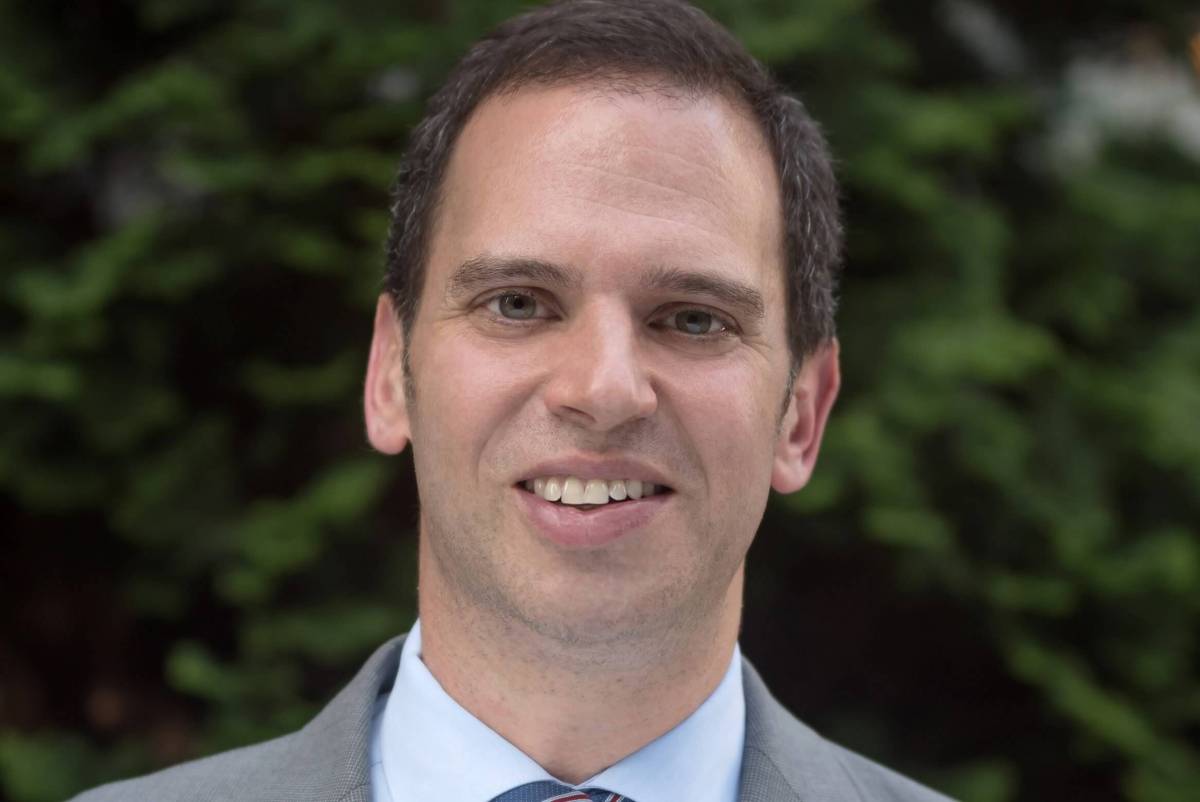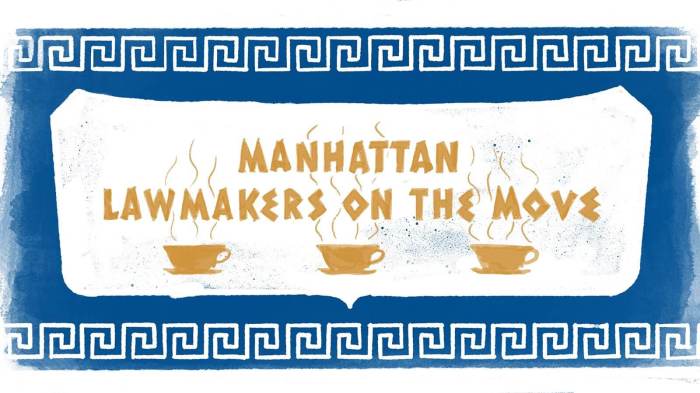Assembly Member Dan Quart (D-Murray Hill, Lenox Hill) has a vision: a world in which the law protects the lower class instead of punishing them. It’s a vision he’s tried to realize as an advocacy lawyer, as an assemblyman, and – if he plays his cards right- as the Manhattan District Attorney.
Quart graduated from SUNY Binghamton in 1990, and from the St. John’s School of Law a few years later. In the following years, he dedicated his career to pro-bono legal advocacy.
“One of the things instilled at St. John’s was that a lawyer has a responsibility to do more than simply make money,” said Quart. “There’s nothing wrong with earning a living as a lawyer, but you got a responsibility to do more and give back.”
In 1999, he started working pro-bono as an attorney with the Legal Aid Society. He would go on to serve in that capacity until 2004, when he started working for the Eastwood Housing Complex on Roosevelt Island. There, he volunteered on behalf of rent-stabilized tenants who were facing unjust eviction and harassment from their landlords.
“It’s been, at least in my professional capacity, a long commitment to public service of the law for those who cannot afford representation,” said Quart.
Later on, he determined that he could accomplish more as a public official. He made an unsuccessful bid for City Council in 2005, followed by a successful run for the New York State Assembly in 2011.
“I believed I could use the skills I learned, both in the courtroom and in the advocacy world, to be an effective legislator for my constituents,” said Quart.
As an assemblyman, criminal justice reform has been one of his primary objectives. In early 2018, he introduced a package of reform bills, among which were a bill to end cash bail and a bill that allows those exonerated of a crime to receive health benefits and prioritized public housing.
One of his proudest accomplishments was a bill he pushed through earlier this year. In May, Governor Andrew Cuomo (D) signed a Quart-sponsored bill that decriminalized possession of gravity knives. The illegality of gravity knives disproportionately affected low-income citizens of color, many of whom used gravity knives regularly as part of their jobs. A report by the Legal Aid Society showed that 88 percent of those arrested and prosecuted for possession were people of color.
But in spite of all he’s accomplished in the Assembly, Quart has even higher aspirations. In early July, he dropped a hint on Twitter that he was setting his sights on the office of Manhattan District Attorney, currently occupied by Cy Vance (D). Vance’s name has seen a resurgence in the headlines due to the prosecution of American financier Jeffrey Epstein; in 2011, his Assistant District Attorney asked for Epstein to be categorized as a mere level 1 sex offender, in spite of the severity of his sex crimes.
However, Quart has been one of Vance’s harshest critics since the latter took office in 2010. Quart said that Vance has used the office of DA to disenfranchise the working class and communities of color. As an example, he brought up Vance’s gang database – a private listing of suspected gang members in New York – which he called “unconstitutional racial profiling”.
Quart also cited Vance’s aggressive prosecution of workers for simple gravity knife possession, which was part of the impetus for the bill mentioned above.
“Cy Vance was four times more likely than all of the district attorneys in New York’s history combined to prosecute people for simple possession of this work tool,” said Quart. “That’s why I spent the better part of the last seven years working with a broad coalition to stop this practice – because Cy Vance wasn’t going to stop on his own.”
But regardless of whether he decides to run for Manhattan DA, Quart will continue to fight for a future where we don’t criminalize poverty.
“Right now, the law is used to target working people,” said Quart. “It’s discriminatory in impact, regardless of its intent. Whether it’s work tools misidentified as gravity knives, or our money bail system which perpetuates punishment of poverty, or Cy Vance’s gang database; these are all aspects of an unfair, discriminatory justice system. And that’s what I’m trying to change, both in the legislature and in the courtroom.”



































